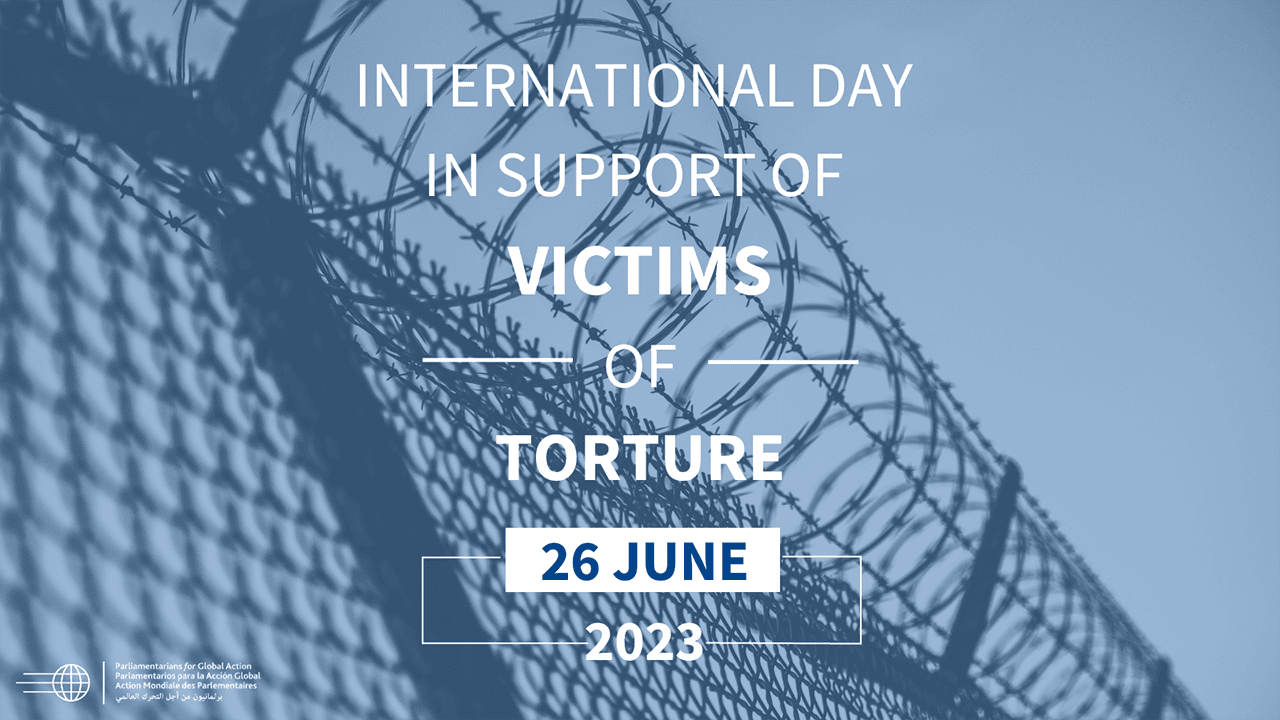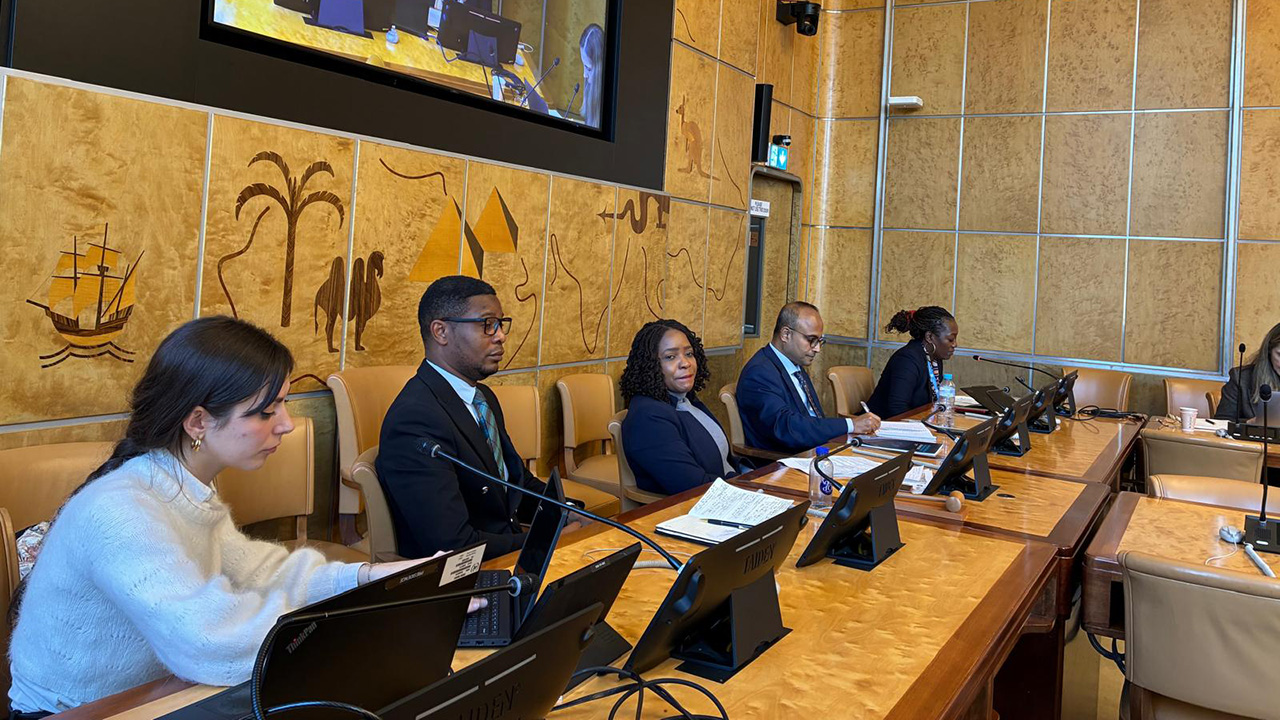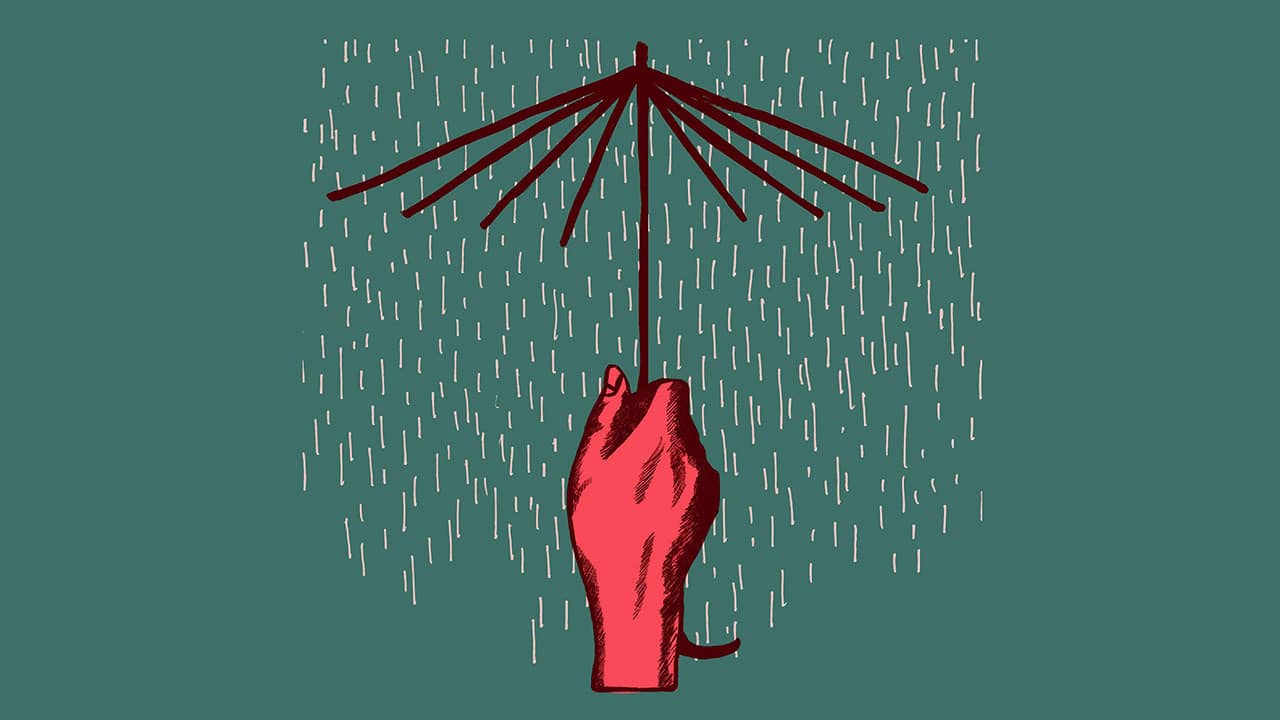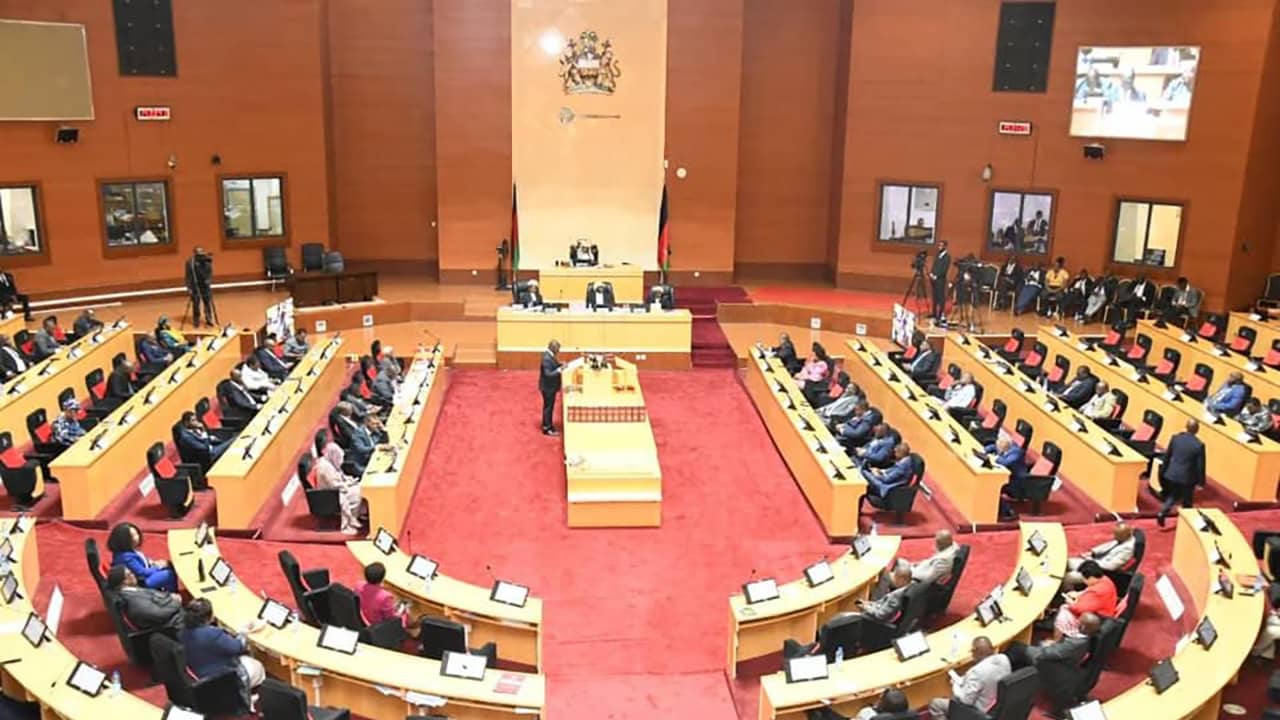
On the International Day in Support of Victims of Torture, PGA expresses its deep solidarity with the communities of victims and survivors who have suffered this abhorrent violation of human rights and dignity, as well as of their loved ones.
Torture, as a peremptory norm of international law, must always be prohibited under all circumstances. Yet, it still does persist in various corners of the world. On this particular day, it is therefore crucial to recall nations of their obligation to eliminate this practice, urging them to take decisive measures to prevent any form of torture and other cruel, inhuman or degrading treatment or punishment.
Fighting against torture is fighting against the death penalty. Experts have indeed increasingly unveiled a profound connection between these two grave human rights violations, shedding light on the instances where the death penalty, from its imposition to the methods of execution, may indeed amount to torture or cruel, inhumane, and degrading treatment or punishment. For this reason, the World Coalition against the Death Penalty, of which PGA is a member, commemorates this year’s World Day against the Death Penalty, focused on the death penalty as an irreversible torture.
Throughout the journey of the death penalty, torture and other forms of ill-treatment already begin with the interrogation phase, where various methods of physical and psychological torture are often employed to coerce confessions for capital offenses. On death row, individuals endure significant harsh living conditions, sometimes even subjected to solitary confinement, which deeply affect their psychological and physical state. The feeling of abandonment and emotional distress represents only a fraction of the torture experienced by death row inmates and their relatives – which is exacerbated by the mental torment caused when executions are anticipated or held in secret and with no prior notice. On the execution day, it is the methods employed themselves that inflict an additional and exceptional pain, potentially amounting to torture or cruel, inhumane, and degrading treatment or punishment.
 The death penalty causes suffering not only upon convicts, but also their families and the society as a whole. It is unacceptable that in the 21st century, the use of capital punishment and torture, two human rights violations inextricably linked, still occur. Legislators worldwide must take action, as guardians of the respect, protection and promotion of the human rights and fundamental freedoms of their citizens. Eradicating torture, therefore, requires the total abolition of the death penalty, everywhereHon. Millie Odhiambo (MP), Kenya, Convenor of the ADP Campaign
The death penalty causes suffering not only upon convicts, but also their families and the society as a whole. It is unacceptable that in the 21st century, the use of capital punishment and torture, two human rights violations inextricably linked, still occur. Legislators worldwide must take action, as guardians of the respect, protection and promotion of the human rights and fundamental freedoms of their citizens. Eradicating torture, therefore, requires the total abolition of the death penalty, everywhereHon. Millie Odhiambo (MP), Kenya, Convenor of the ADP CampaignHon. Millie Odhiambo
Kenya
The discriminatory nature of the death penalty further amplifies the stigma and suffering experienced by death row inmates. It is thus essential to acknowledge that factors such as sex, gender, sexual orientation, religious and ethnic minority status, socio-economic disadvantage, disability, or age, among others, can exacerbate the cruel, inhumane, and degrading treatment inflicted upon individuals sentenced to death.
PGA Secretariat remains committed to engaging decisively with parliamentarians worldwide to strengthen human rights and implement all necessary actions to prevent acts of torture, and achieve the universal abolition of the death penalty.
Also see:
International Day in Support of Victims of Torture: Understanding the link between the Death Penalty and Torture (World Coalition against the Death Penalty, 26 June 2023)
To learn further on the link on torture and the death penalty, you can read more The death penalty: An irreversible torture by the World Coalition against the Death Penalty).
PGA opposes capital punishment in all circumstances. Parliamentarians have a crucial role to play in the movement to restrict the use of the death penalty and ultimately abolish it through drafting legislation, deliberating on national policies, and enlightening public opinion.






